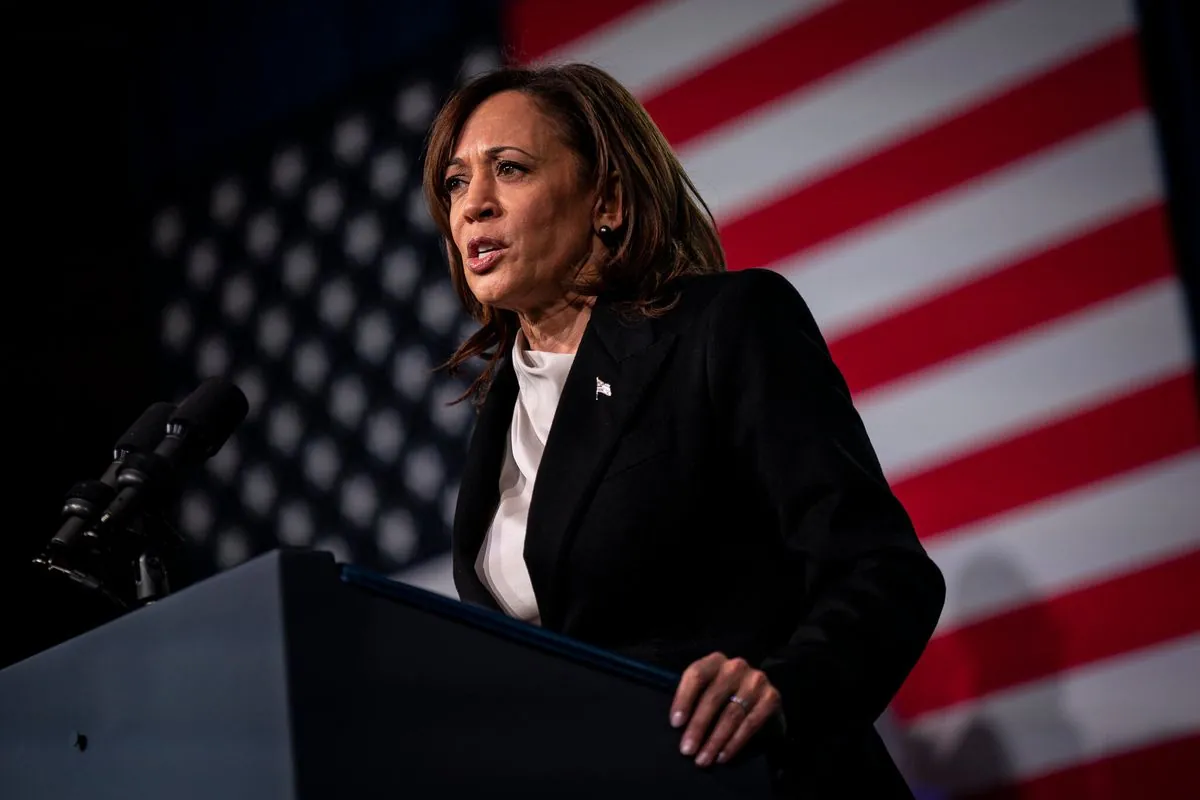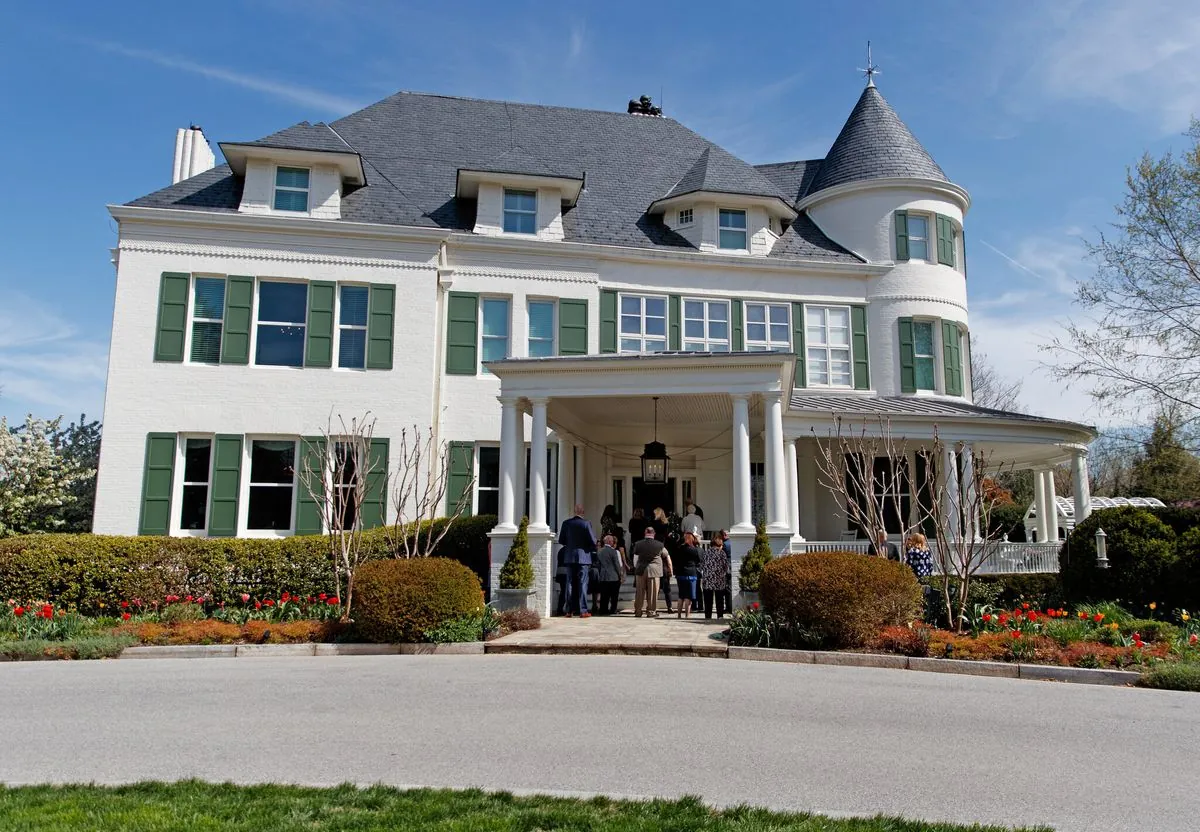Harris's White House Bid: Navigating the Vice Presidential Path to Presidency
Vice President Kamala Harris embarks on her presidential campaign, facing historical challenges. Only one sitting VP since 1836 has won the presidency, with success tied to presidential popularity and relationships.

As Kamala Harris begins her campaign for the presidency, she faces a challenging historical precedent. Since 1836, only one sitting vice president, George H.W. Bush in 1988, has successfully ascended to the highest office in the land. This unique position in American politics, established by the Constitution in 1789, has seen many attempts but few successes in its occupants' bids for the presidency.
The path to the White House for a vice president is often influenced by two crucial factors: the popularity of the incumbent president and the relationship between the president and vice president. Julian Zelizer, a Princeton University professor, emphasizes the importance of these elements aligning for a successful campaign.

George H.W. Bush's victory in 1988 serves as a prime example of these factors working in harmony. He benefited from a strong economy, easing Cold War tensions, and a productive relationship with President Ronald Reagan. Despite their past rivalry in the 1980 primaries, Reagan actively supported Bush's campaign, demonstrating the power of a united front.
In contrast, Al Gore's 2000 campaign faced challenges despite favorable economic conditions and President Bill Clinton's high approval ratings. The lingering effects of the Lewinsky scandal led Gore to distance himself from Clinton, a decision that some analysts believe cost him crucial support in a historically close election.
"Reagan was not a man to hold grudges. And Bush did a good job of navigating the complexity of their relationship while he was vice president."
Richard Nixon's 1960 campaign and Hubert Humphrey's 1968 bid both illustrate the complexities of the vice presidential position in presidential races. Nixon struggled to capitalize on President Dwight Eisenhower's popularity, while Humphrey found himself constrained by President Lyndon B. Johnson's controversial Vietnam War policies.
As Harris embarks on her campaign, she faces a unique set of circumstances. Unlike her predecessors, she benefits from President Joe Biden's early decision not to seek re-election, allowing her to consolidate Democratic support well in advance of the election. However, Biden's approval ratings, hovering around 40% as of July 2024, present a challenge comparable to those faced by previous vice presidents.
The Biden-Harris relationship appears strong, with Biden pledging full support for Harris's campaign. Their planned joint appearance at a Labor Day event in Pittsburgh underscores this unity. However, the effectiveness of Biden's involvement remains to be seen, given his own popularity challenges.
As the first woman, African American, and Asian American to serve as Vice President, Harris is already making history. Her campaign will not only test the historical patterns of vice presidential bids but also potentially break new ground in American politics.


































